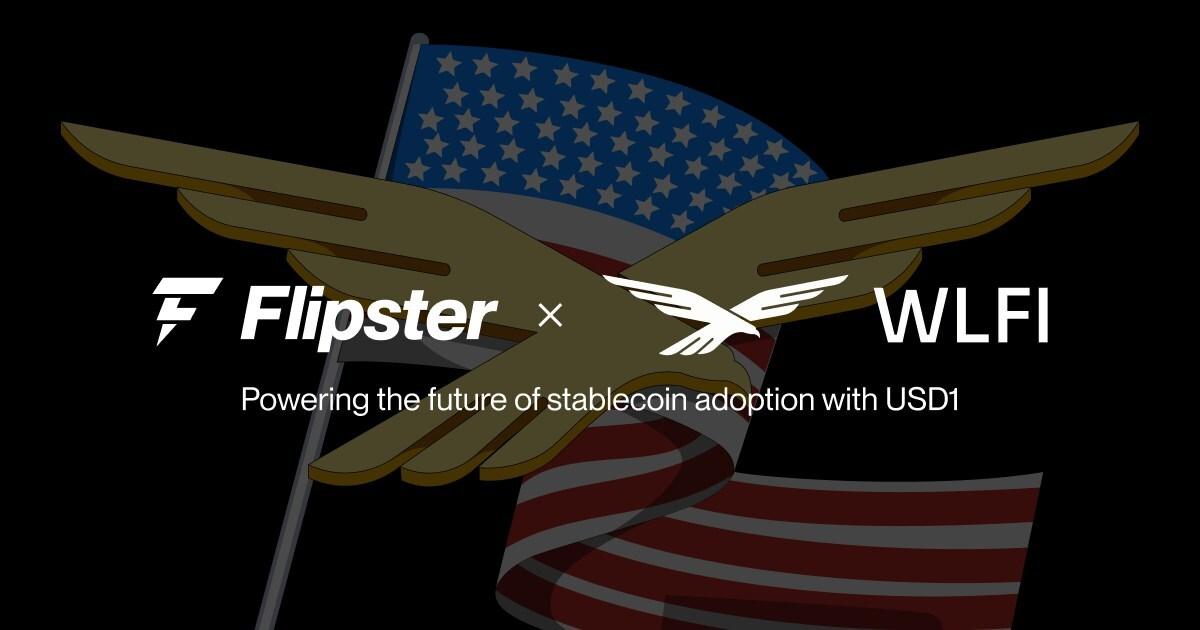Coral Protocol Shows Intelligent Orchestration Is Key To Building More Powerful AI Agents

Coral Protocol has opened the door to the possibility that smaller startups will be able to compete on an equal footing in the race to build artificial intelligence agents by using a technique known as “horizontal scaling”, which doesn’t require billions of dollars in investment.
Since ChatGPT emerged in late 2022, the artificial intelligence industry has been dominated by heavy-hitters like OpenAI, Google, Microsoft, Anthropic and Facebook. These companies have spent billions of dollars, developing increasingly larger, more powerful and sophisticated AI models, sparking an AI “arms race” that has also drawn in dozens of Chinese startups.
Those investments have been fueled by the emergence of so-called “AI agents”, which go beyond the text- and image-generating capabilities of traditional generative AI models. AI agents promise to revolutionize business and personal productivity by automating all kinds of complex and mundane tasks that would usually take humans hours to do themselves. What’s more, AI agents can do this without supervision, freeing humans to focus on more demanding tasks.
AI developers are therefore striving to develop more capable AI agents, conscious of the fact that it’s likely to grow and become a mult-billion industry in the not-too-distant future. And until recently, that has always meant spending more and more money to build increasingly sophisticated large language models with billions of parameters, which serve as the engine of AI agents.
But Coral Protocol says it has flipped that idea on its head, introducing a new agentic system powered by much smaller models with minimal parameters, and it has proven to be every bit as capable as the most advanced, LLM-driven AI agents.
Coral has done this by implementing an alternative to vertical scaling. By scaling agents horizontally with intelligent orchestration, it has shown it’s possible to build an agentic AI system with much smaller models that drives significantly better results.
In a paper published today, Coral revealed that its multi-agent system has just achieved an industry-leading score on the GAIA Benchmark, which poses more than 450 questions that require extensive research and advanced reasoning skills to successfully answer. With that score, the GAIA Agent System surpassed the industry’s next-based agentic system, the Microsoft-backed Magnetic-UI, by 34%
Coral’s GAIA Agent System is built on an open-source framework for agentic collaboration called OWL that was first developed by CAMEL-AI, a community of AI researchers and enthusiasts. The system is made up of dozens of smaller AI agents trained to perform very specific tasks, such as web browsing, reasoning, problem solving, video processing, internet search and so on. The system uses the Model Context Protocol to enable its agents to communicate with each other, and this provides a foundation on which they can collaborate on more demanding tasks than they’d be able to complete by themselves.
It’s an entirely novel approach to agentic AI systems, yet the GAIA Benchmark results speak for themselves. Rather than using a single, monolithic LLM with billions of parameters that requires enormous clusters of GPUs to run, we can simply break down whatever task needs to be done into smaller sub-tasks, hand them off to smaller models, and combine their outputs later. The result is an agentic system that can complete all manner of complex tasks faster and with lower costs.
Big week for Coral Protocol and everyone building with us. 🪸We crushed GAIA benchmark tests and shipped major updates.Read our weekly dev digest 👇 pic.twitter.com/j0o1qczrEQ
— Coral Protocol (@Coral_Protocol) August 4, 2025
Coral co-founder and CTO Caelum Forder said SLMs have been virtually ignored by agentic AI developers so far, but he believes they will in fact play a very important role in the future of agentic AI. “We have proven that such models can scale beyond their previously known limits and outcompete the incumbents,” he said. “This breakthrough marks a turning point in AI infrastructure.”
Blowing away the competition in such fashion shows that SLMs have the potential to be a game-changer for agentic AI, especially for smaller developer teams that lack the funding of industry giants like OpenAI, Google et al. By orchestrating a fleet of smaller models in a more intelligent way, startups can build intelligent tools that are every bit as powerful as LLM-based systems, with much lower costs, paving the way for a new generation of more accessible agentic AI systems.
Disclaimer: This article is provided for informational purposes only. It is not offered or intended to be used as legal, tax, investment, financial, or other advice.




